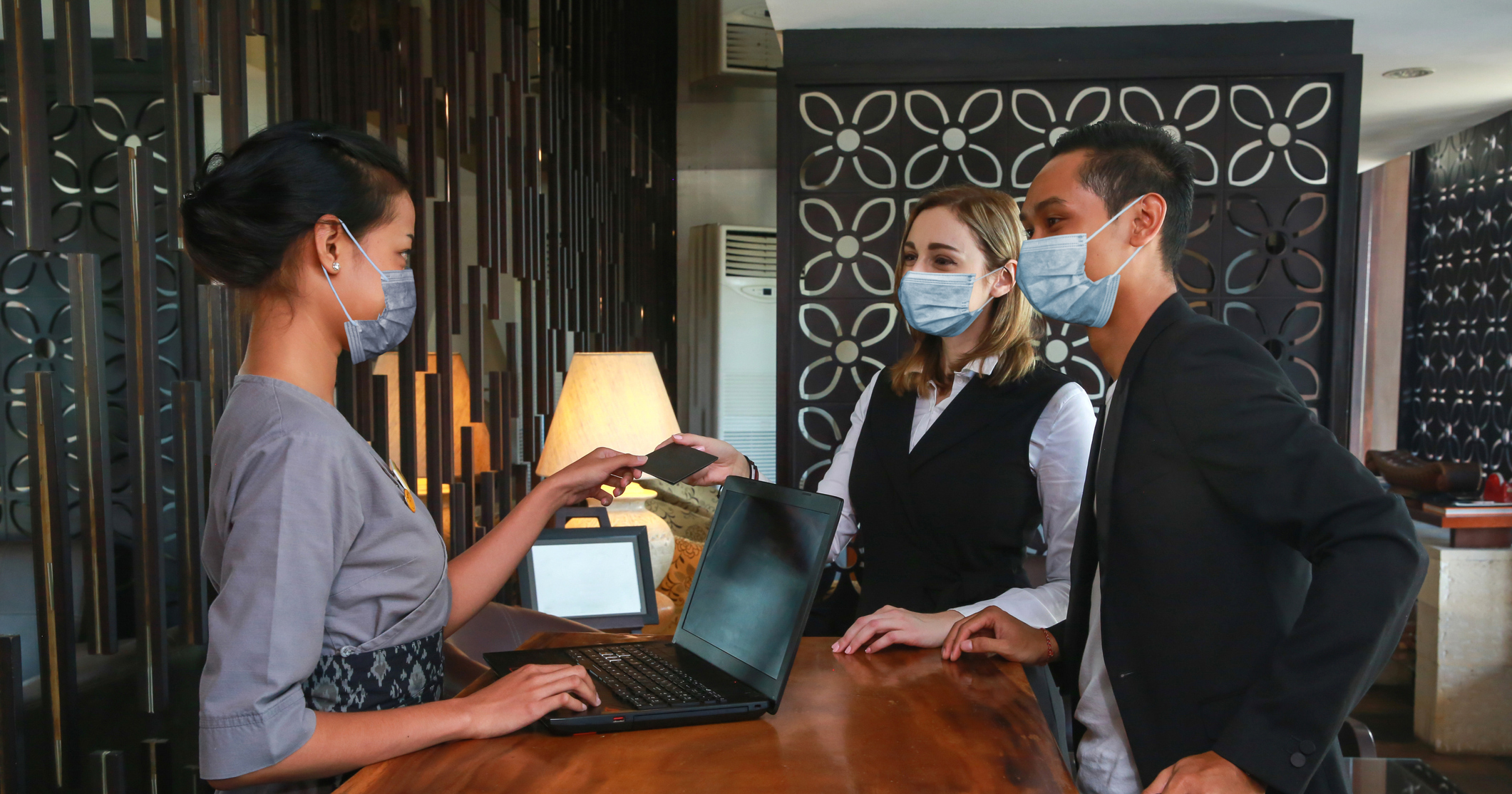

The perception of physical and emotional risk caused by COVID-19 among hotel clients influences their decision-making when it comes to deciding whether to stay in this type of establishment. Hence, hotel firms that base the design of their marketing and communication campaigns on this variable will find it helps make their offer appealing.
This is demonstrated by a study led by Francisco Peco-Torres of the Department of Marketing and Market Research at the University of Granada, together with Ana Isabel Polo-Peña and Professor Dolores María Frías-Jamilena.
The study also seeks to determine how resilience—the individual’s ability to readily recover from stressful situations and adapt to contexts characterised by uncertainty—can help consumers adjust to the ‘new normal’ caused by COVID-19 in the hotel sector.
A quantitative empirical study was conducted among Spanish hotel clients. The analysis showed that, when the client perceives physical and emotional risk attached to staying at a hotel due to COVID-19, this reduces their intention to resume their consumption of hotel accommodation in the wake of the pandemic while the virus is still present in the population. Physical risk is the degree to which the consumer perceives that it is possible to contract the virus at a hotel, while emotional risk is the concern that, due to the situation caused by the pandemic, the hotel experience will not prove satisfactory and may cause extreme mental overwhelm. In this scenario, according to Peco Torres, “consumer resilience helps reduce perceived physical and emotional risk”.
The results show that the more resilient the consumer, the better he or she will adapt to the new situation and the less risk they will perceive. In turn, the less risk they perceive, the greater their intention to return to staying in hotels again, even with COVID-19 still present.
Adapting hotel marketing and communications
The research has highlighted the role of resilience in consumer decision-making, showing that hotel firms must take this individual capacity into account when designing their marketing and communication plans. “One way of incorporating consumer resilience into these plans would be to segment consumers based on their degree of resilience, distinguishing between two types of consumers”, explains Francisco Peco.
On the one hand, less resilient individuals will perceive a higher degree of risk and present a low intention to resume their consumption of hotel accommodation. According to this study, firms wanting to target this segment in their communications should emphasize the anti-COVID-19 safety measures being taken by the hotel, in order to demonstrate that protecting their clients is their top priority. It would also be useful to emphasize the emotional cost of unnecessarily missing out on safe tourism experiences.
On the other hand, consumers with more personal resilience will perceive hotels to present a lower degree of risk and will show a higher level of intention to return to staying in them. Communication aimed at this segment should adopt a more commercial approach that motivates consumers to return to enjoying touristic experiences. It would also be appropriate to take a social approach to communications targeted at this profile of consumer, to convey how important their custom and their trust are for the survival of the hotel sector and all the employment it generates.

